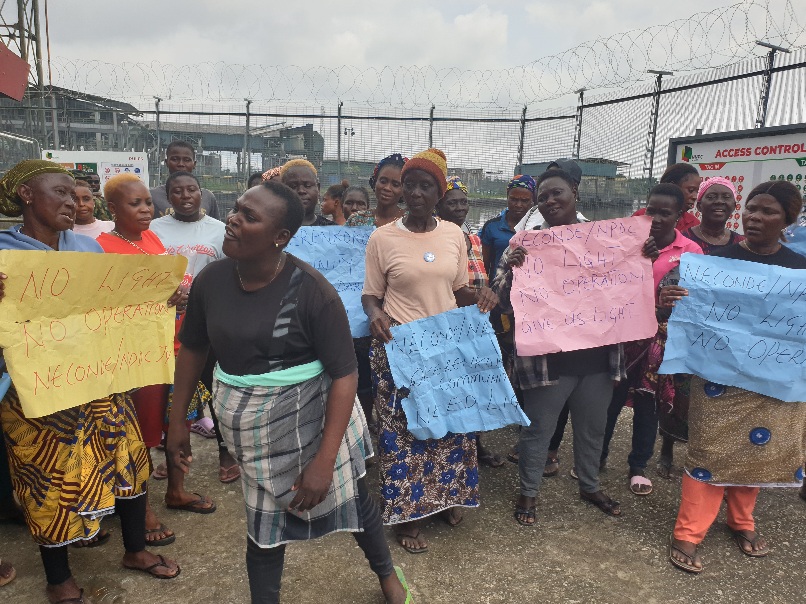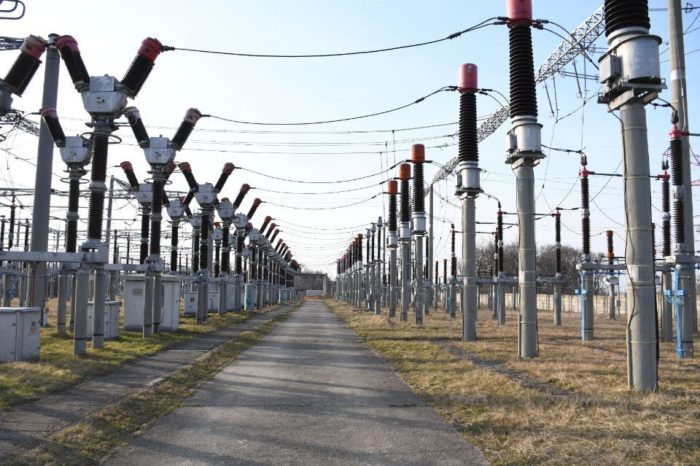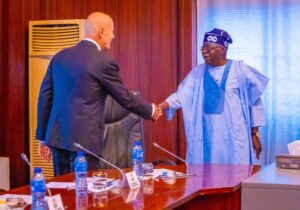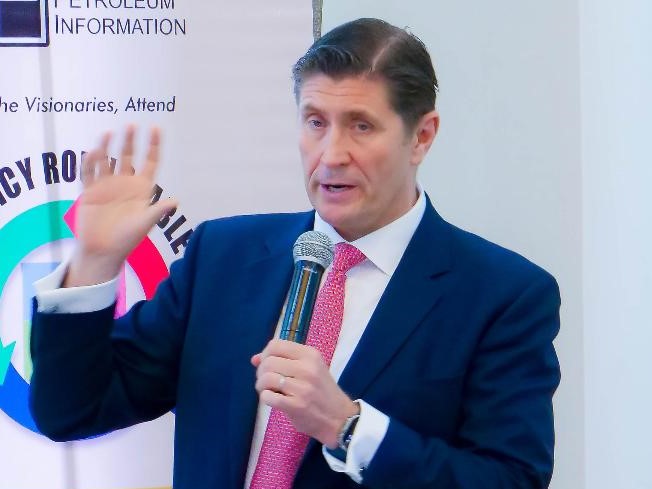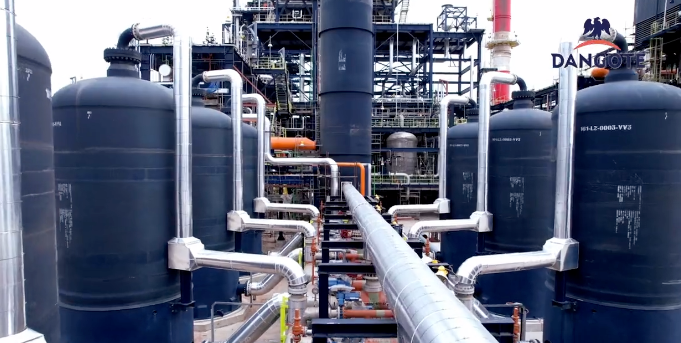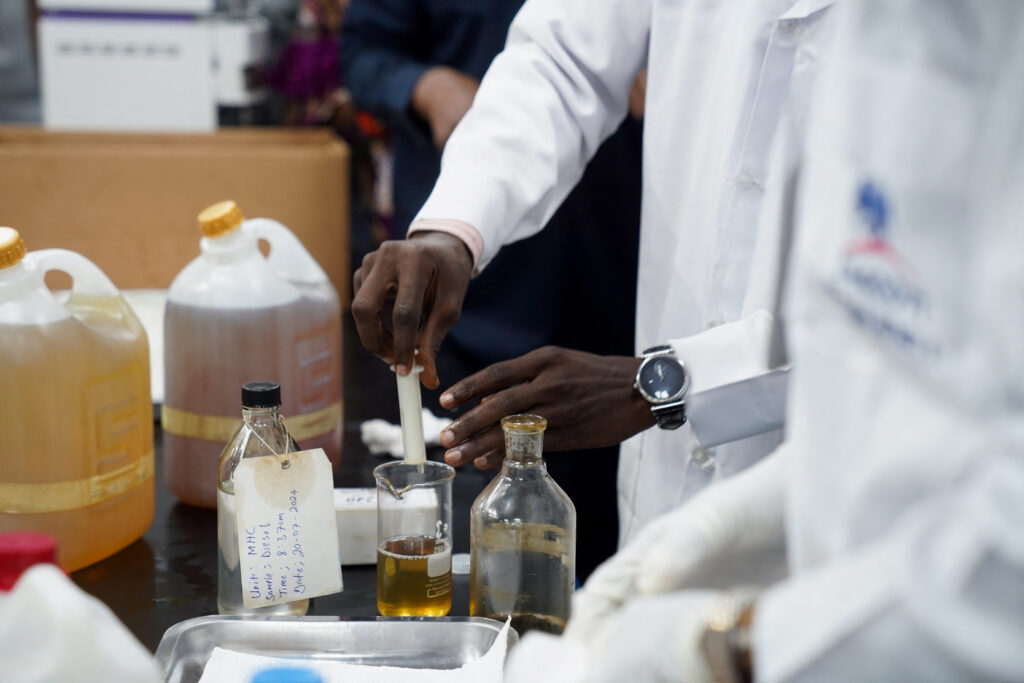Lagos Electricity Market kicks off before 2022- Commissioner

Oredola Adeola
The Lagos state government has disclosed plans for the passage of State Electricity Market Act before 2022. Mr. Olalere Odusote, the Commissioner for Energy and Mineral Resources, made this known in an exclusive chat with EnergyDay.
According to him, “With best effort, we can’t achieve universal energy access to affordable, reliable, sustainable, and modern energy before 2030. To be realistic, It will definitely take a while to achieve. We have realised the need to bring every stakeholder to the table to discuss the direction for the effective take-off of the sub-national electricity market.
“To achieve this, we need right legal and commercial framework capable of incentivising the appropriate investments in the market. This is why we have concluded work on the consultation paper on the Lagos State Electricity Policy.
“Lagos state as the commercial nerve centre of Nigerian with a population of around 25 million individual, commercial, industrial and other residents (schools, research institutes, streetlighting, religious places of worship, etc), can’t attract the right investment for sustainable growth without a decentralised electricity system, away from the National grid. To be able to achieve this universal access to electricity for all, we need to put a system in place.
“The centralised grid system has no capacity to deliver power to the industries in the state. These companies relied solely on self-generation at a very high operational cost.
“The entire energy stock for Nigeria delivered via the national grid system to all consumers in Nigeria (assuming a daily average 4,500MW of which 80% is delivered to all eleven Nigerian Discos for an average 12 hours daily) is 43,200 MW/h daily.
“Whereas, Lagos with its population requires a minimum of 216,000 megawatt-hours or 216 gigawatt-hours daily or approximately 8 kilowatt-hours per person per day, instead of 12,000 megawatthours (MW/h) or 12 gigawatt-hours (GW/h) daily or 444 watt-hours (less than 1 kilowatt-hour) per person per day; it gets from the national grid.
The Commissioner noted that it is evident that all energy delivered by the national grid system across the country is grossly inadequate for a state that has 60 per cent of the Federation’s total industrial investments and foreign trade, attracting 65% of Nigeria’s commercial activities.
He said, “We need to attract investments with power. Lagosains don’t need subsidised electricity, they need something accessible, sustainable and available at affordable rate. This is the value that the subnational can add to the country energy market.
“The energy used in Lagos did not come from the central system, more than 450,000 MW are being self-generated. Alot of Lagosians depend on diesel generator amidst huge and unsustainable health and environmental challenges.
“The Lagos State Government has made several attempts at tackling this electricity challenge over the years. First, with the Enron power,about 20 years ago. Ten years later, Lagos again promoted 5 IPPs across the State to serve LASG assets and infrastructure. And the enactment of the extant Lagos State Power Sector Reform Law, 2018.
“We later realised that in spite of the presence of all the elements – constitutional/legal, engineering, commercial and financial – necessary to establish a viable, vibrant and innovative electricity market for the State, the Law does not quite do enough to advance the State towards this vital strategic goal.
“With the continuous flow of new developments and investment in the State and the fact that whole areas of the State are not served at all while all others are grossly underserved, the legal framework for the State needs to be made clearer, more robust and more focused in identifying Lagos State’s strategic objectives, key stakeholders and players, market structures, delivery methods and a regulatory framework for market development/ operations and consumer protection.
“This is what the new law intends to fix by reducing environmental pollution from diesel and petrol generators that residents and businesses in Lagos State (and Nigeria) have had to resort to as alternative sources of power to the epileptic and unreliable national grid.
He noted that Lagos state through the consultation paper has developed a holistic policy that will provide viable sub-national electricity sector that is entirely off-the-national-grid, but nevertheless caters fully to the needs of its citizens, while enabling significant socio-economic growth and development both for Lagos state and the country at large.
Acording to him, the policy paper highlights eight factors for a viable electricity market in Lagos State. These includes :an enabling constitutional and legal framework; (2.) an integrated resource plan; (3.) an autonomous, credible regulatory body; (4.) competitive and transparent procurement of generation resources; (5.) a bankable commercial framework; (6.) an Independent System Operator; (7.) well-funded, well-managed generation, transmission and distribution players; and (8.) collaborative Federal and State Government support for market growth/customer satisfaction.
He emphasised the commitment of Governor Sanwoolu to provide universal energy at affordable rate to Lagosians in collaboration with the private sector.

